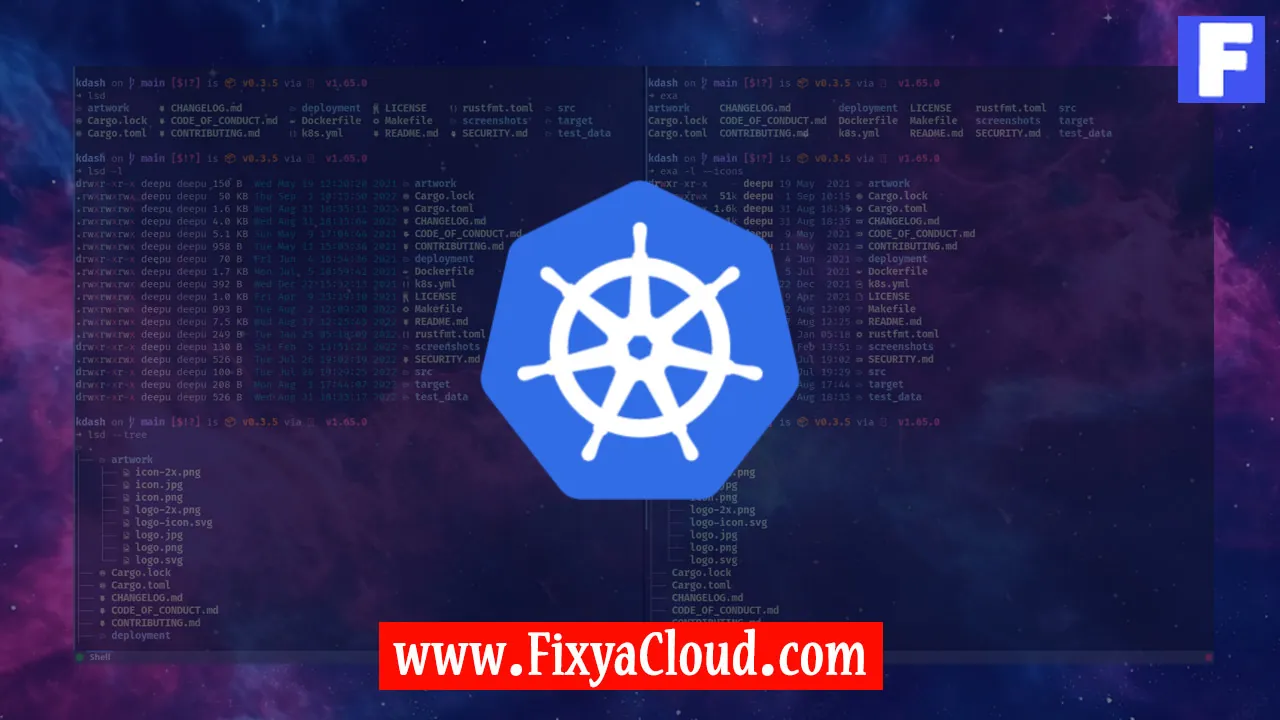Kubernetes Jsonpath with Examples

In the ever-evolving landscape of container orchestration, Kubernetes stands out as a robust and versatile platform. One of the powerful features that Kubernetes offers is Jsonpath, a query language for extracting information from JSON objects. In this article, we will explore the ins and outs of Kubernetes Jsonpath and provide practical examples to help you harness its capabilities effectively.
Understanding Jsonpath in Kubernetes
Jsonpath is a query language that allows you to navigate and manipulate JSON data structures. In the context of Kubernetes, Jsonpath is commonly used to extract specific information from resources such as pods, services, and configurations.
Basic Jsonpath Commands
To get started with Kubernetes Jsonpath, let's familiarize ourselves with some basic commands:
kubectl getwith Jsonpath:
You can use Jsonpath directly withkubectl getto filter and format the output. For example:kubectl get pods -o=jsonpath='{.items[*].metadata.name}'This command extracts the names of all pods in the current namespace.
Filtering with Jsonpath:
Jsonpath allows you to filter results based on specific conditions. For instance:kubectl get nodes -o=jsonpath='{.items[?(@.status.conditions[?(@.type=="Ready")].status=="True")].metadata.name}'This command retrieves the names of nodes that are currently in a ready state.
Step-by-Step Instructions
Now, let's go through a step-by-step guide to using Jsonpath in Kubernetes:
Step 1: Install kubectl and Set Up Your Kubernetes Cluster
Ensure that you have kubectl installed and configured to connect to your Kubernetes cluster.
Step 2: Basic Jsonpath Extraction
Run the following command to extract basic information about pods:
kubectl get pods -o=jsonpath='{.items[*].metadata.name}'
This will display the names of all pods in your current namespace.
Step 3: Advanced Filtering with Jsonpath
Explore advanced filtering using Jsonpath to extract specific information. For example, get the IP addresses of running pods:
kubectl get pods -o=jsonpath='{.items[?(@.status.phase=="Running")].status.podIP}'
This command filters pods in the running state and extracts their IP addresses.
More Examples
Example 1: Extract Container Names from a Pod
kubectl get pods -o=jsonpath='{.items[*].spec.containers[*].name}'
This retrieves the names of all containers within pods.
Example 2: Display Services and Their Cluster IP Addresses
kubectl get services -o=jsonpath='{.items[*].metadata.name}{" "}{.items[*].spec.clusterIP}{" "}'
This command lists services along with their respective cluster IP addresses.
In this article, we've delved into the world of Kubernetes Jsonpath, learning how to use this powerful query language to extract specific information from your cluster. As you continue exploring Kubernetes, Jsonpath can be an invaluable tool for efficiently retrieving the data you need. Experiment with different queries, combine them, and tailor them to suit your specific use cases.
Related Searches and Questions asked:
That's it for this topic, Hope this article is useful. Thanks for Visiting us.
